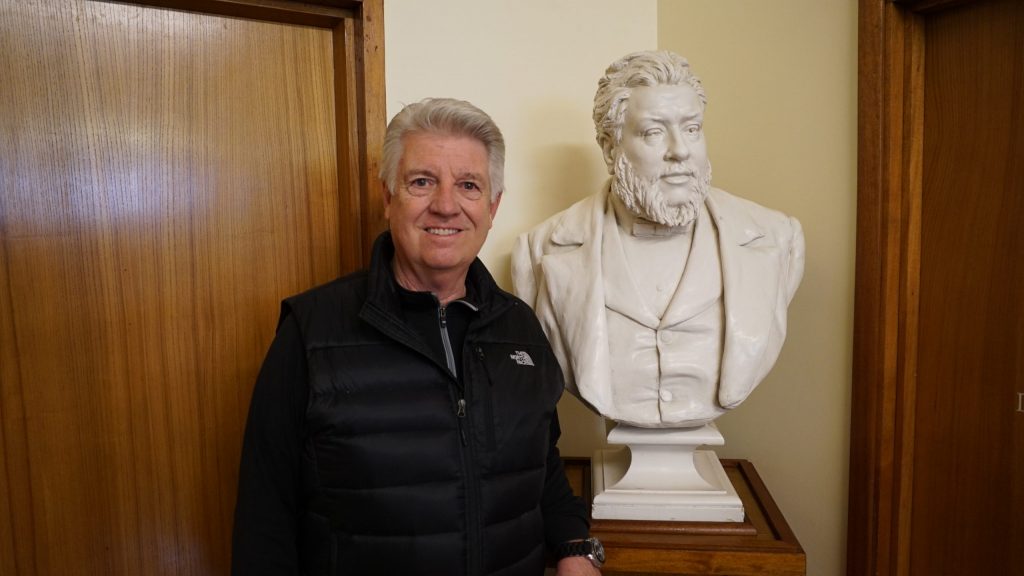Born 183 years ago today, the son and grandson of clergymen, Charles Spurgeon overcame major health problems, depression, fear, and an almost complete lack of formal education to become one of the greatest preachers in history.
Though he spent just 10 months in school, the young Spurgeon was a voracious reader of theology, natural history, and literature. And just a few months after his conversion to Christianity, he began preaching at 15 and became pastor of his first church a year later.
Spurgeon’s great gift as a preacher was obvious from the beginning, drawing crowds that filled his small church, the Baptist Chapel in Waterbeach. The congregation quickly grew, and people marveled that a man so young could preach with such maturity.
Soon, Spurgeon was invited to preach at New Park Street church, the largest Baptist church in London. He was offered a six-month trial. He stayed for 38 years.
Spurgeon’s style was dramatic. He stalked across the stage, acting out Bible verses, and describing the wonders of salvation and the devastating loss awaiting those who turned from God.
Word spread and Spurgeon preached throughout London and across England, his appearances filling the largest halls. Spurgeon once spoke before an audience of more than 23,000 people–without a microphone.
The crowds soon outgrew New Park Street, and in 1861, his congregation moved to the new Metropolitan Tabernacle. I am pictured here with his bust at that church. It seated 5,600 people, but so many people came to hear the Good News of the Gospel that Spurgeon occasionally asked church members to stay home so visitors might find a place to sit.
But the powerful preacher suffered from deep depression and debilitating physical infirmities for much of his life. If his deacons left him alone for a few minutes before services began, they would find him so shaken with fear that he could hardly preach.
Nevertheless, despite his fears and anxieties, he would inevitably, through prayer and courage, rise to the occasion and boldly proclaim the Gospel
With conviction in his heart, he preached the Gospel like no one else of his generation. Spurgeon knew instinctively how to reach ordinary people with the language of the marketplace – often humorous and always compelling.
“I am perhaps vulgar, but it is not intentional … save that I must and will make people listen,” he said. … “My firm conviction is that we have had enough polite preachers.”
We need more preachers and laypeople, like Spurgeon, who, despite their personal fears and limitations, nevertheless boldly and unapologetically proclaim that the truth of the Gospel, is eternal.






